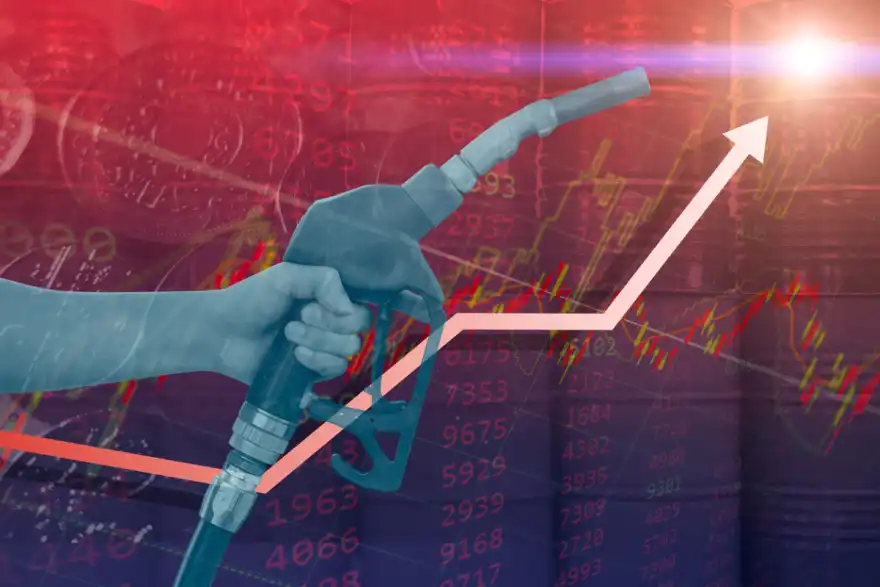
UK drivers are being warned to brace for a potential spike in fuel prices following a major military strike in the Middle East.
Israel has carried out a large-scale bombing raid on Iranian nuclear sites, launching dozens of fighter jets to target facilities across the country. While Israel claims the attacks were necessary to prevent Iran from becoming a nuclear superpower, the global reaction could hit drivers in the pocket.
Almost immediately after news of the strikes broke, oil prices surged by more than 10%. And when oil gets more expensive, petrol and diesel prices usually follow — fast. Experts are already warning that prices at the pumps in the UK could jump significantly in the coming days.
Oil markets are now extremely volatile. In early trading on Friday, the price of Brent crude spiked before dipping slightly as traders tried to figure out how the conflict could develop. Some analysts say this could turn into the biggest weekly rise in oil prices since the chaos that followed Russia’s invasion of Ukraine.
The Middle East has always been a hotspot for oil price shocks. If tensions continue to escalate, things could get a lot worse. JPMorgan has even warned that, in a worst-case scenario, Iran could block the Strait of Hormuz — a key shipping route for global oil supplies. If that happens, oil prices could soar to $120 a barrel (£88), which would likely push UK fuel prices above £2 per litre — higher than the peak seen back in 2022.
At that point, filling up your car could start to feel seriously painful again. Back in 2022, prices hit £1.91 per litre for petrol and £2 for diesel when oil peaked at $116 (£85).
Iran could potentially cut off millions of barrels of oil per day in retaliation, adding even more pressure to global supply.
For now, UK drivers had been enjoying some relief at the pumps, with petrol averaging 132p per litre and diesel around 138p, according to RAC Fuel Watch. But these figures don’t yet reflect the recent surge in oil prices — and that could soon change.
Energy expert Saul Kavonic from MST Financial says: "What we see now is very initial risk-on reaction. But over the next day or two, the market will need to factor in where this could escalate to."
The military operation, named Operation Rising Lion, was described by Israeli Prime Minister Benjamin Netanyahu as vital for his country's survival. Meanwhile, UK Prime Minister Keir Starmer has called for calm and urged all sides to avoid further escalation. In a post on X (formerly Twitter), he said: "The reports of these strikes are concerning and we urge all parties to step back and reduce tensions urgently.
"Escalation serves no one in the region. Stability in the Middle East must be the priority and we are engaging partners to de-escalate. Now is the time for restraint, calm and a return to diplomacy."
As the situation unfolds, drivers should keep an eye on fuel prices — because things could change fast.



